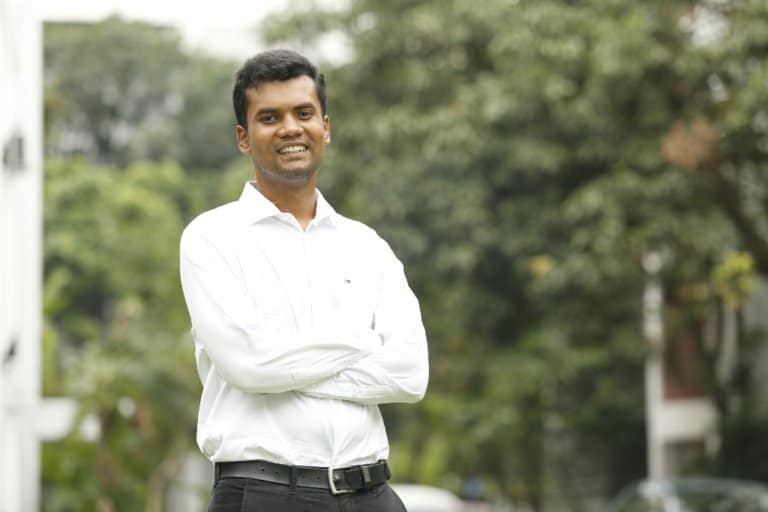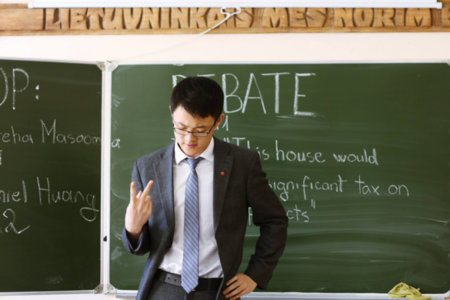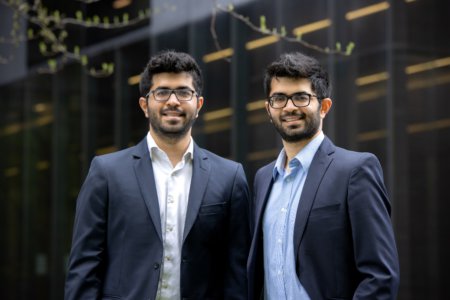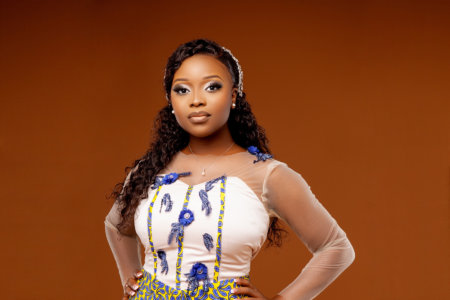
On July 27, Sourodip Paul and his debate partner, Sajid Asbat Khandker, created history by becoming the first team from Asia to win the Belgrade World Universities Debating Championship (WUDC) 2022.
To become debate champions on this world stage, the Bangladeshi duo clashed with 373 teams from 267 institutions around the globe, including the likes of Harvard, Princeton, Cambridge, Oxford and many more.
This was no ordinary victory. Although Paul and Khandker reached the quarterfinals of Thailand WUDC in 2019, they missed out on clinching the world title in their subsequent appearance at the WUDC.
In their fourth attempt, the pair faced off against Princeton University, the National University of Singapore, and Ateneo De Manila University.
Before their latest WUDC attempt, Paul and Khandker won Cambridge Intervarsity (IV) 2021 and reached the final of the Oxford IV – two of the largest intervarsity debating championships in the world. “If we can win Cambridge IV, we should have at least been able to reach finals in the WUDC, if not win it,” Paul tells Study International.

Paul debating in the Octo-finals of WUDC 2018 Source: Sourodip Paul
Where it all started
Paul discovered his passion for debating at a young age — all because his dad didn’t want his kid to have stage fright. “At the time, I started with poetry recitation and transitioned into public speaking. When I excelled at a small school competition for public speaking, they encouraged me to try out debating,” he explains.
This didn’t take off immediately. It was only in secondary school that he joined the first debating club in Bangladesh. It wasn’t long until members had bigger plans for him.
“Once I joined the club, they realised how fluent I was in English and encouraged me to participate in English debates because we also have Bangladesh debating in the country. Since I’ve participated in my first English debating tournament, I have never looked back,” Paul says.

One of Paul’s greatest achievements in debating was winning the IUB Ascension 2019, one of the biggest debate tournaments in South Asia. Source: Sourodip Paul
Competing in the World Universities Debating Championship
Participating in the WUDC was an eye-opening experience for the Bangladeshi debater as it exposed him to various debating styles and candidates with different cultures and traditions.
“We have debated in the United Asian Debating Championship or Asian British Parliament Debating Championship. The WUDC is a different ball game altogether,” Paul says.
“I met people from Africa, Canada, Mexico and other people from all over the world. WUDC is also held at different locations yearly, so we have been to Mexico, Thailand and Cape Town.”

Paul pursued his Master of International and Development Economics, Development Economics and International Development at the Australian National University. Source: Sourodip Paul
Being an international student made him a better debater
Paul credits his debating success to his Australian National University (ANU) master’s degree. It gave him a leg-up in tackling tougher topics. “In the recent WUDC finals, the topic was about ‘A decline in global reliance on the dollar‘ — something which was relevant to my degree in international and development economics,” he says.
Paul may be from one of the poorest countries in the world, but he dreamt big. After graduating from the University of Dhaka, he set his sights on ANU, one of the most prestigious universities in the developed world — and got in.
Only around 0.035% of Bangladeshis studied abroad in a year, according to 2017 statistics. For Paul to be one of them, and in ANU no less, paves the path for him to join the likes of Nobel Peace Prize winner Muhammad Yunus and former Secretary General of human rights organisation Amnesty International Irene Khan (the first woman, the first Asian, and the first Muslim to hold the position).
“I’ve always realised that because of debating and having a lot of other interests, I was quite interested in policy-making, economics, applied economics and development economics.”
“They had a great programme and ANU’s School of Public Policy is one of the public policy schools in the world.”
While he will not have a chance to defend the WUDC title (that’s because every student at a degree-granting higher education institution is only allowed to compete in the WUDC up to four times), his legacy as a debater will remain.
Asked for his advice for the future generation of debaters, Paul says: “Stick by your passion for debating. For me, I was passionate about discussing whether the world should use the dollar as a reserve currency. To do that in the WUDC final was just amazing as I want to experience the thrill of speaking and expressing my thoughts on a WUDC’s final motion.”










